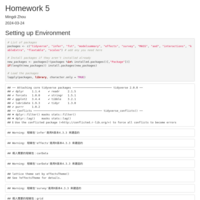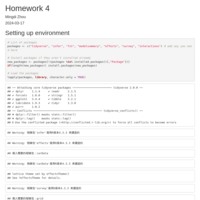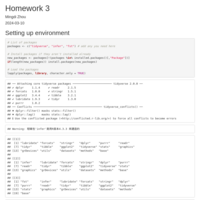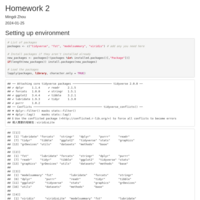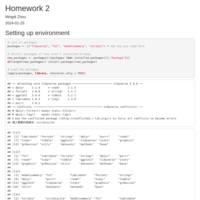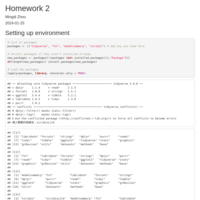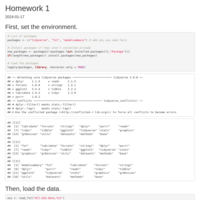Recently Published
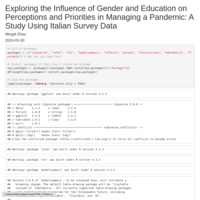
Exploring the Influence of Gender and Education on Perceptions and Priorities in Managing a Pandemic
This research provides findings ironed out in aspects of social implications of COVID-19 in Italy where we observe the varying impact of measures on men and women as well as the education levels. Similarly to the Existing Literature (Quintiliani et al., 2022; Stampini et al., 2021), we conducted our work and found that there are substantial disparities in the attitudes of people towards the prioritization of economic activity or public health concerns in different demographics groups. In our findings, populations of females and low educational level tended to put public health over economy in compared to male and high educational level cases which denotes the importance of sociodemographic factors in shaping the attitudes toward the pandemic response (Quintiliani et al., 2022; Stampini et al., 2021). Additionally, our findings were in line with previous studies (Mariani et al., 2020; Druică et al., 2020), showing the complicated reflection of psychological factors and pandemic attitudes suggesting that the exploration of individual strategies and social support systems hold as strong elements in the understanding of reactions to crisis (Mariani et al., 2020; Druică et al., 2020).
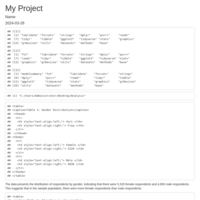
Exploring the influence of Gender and Education on Perceptions and Priorities in Managing a Pandemic: A Study Using Italian Survey Data
The COVID-19 pandemic has the potential serious consequences that affect many parts of society such as mobility, mental health, coping strategies, and societal resilience (Campisi et al., 2020; Donisi et al., 2021; Druică et al., 2020; Kokkinos et al., 2022; Mariani et al., 20 The approach of looking at how people and communities are combating the effects of the pandemic gained ground within this discourse with the main goal of identifying aspects that contribute to resilience of individuals and community at large (Campisi et al., 2020; Mariani et al., 2020; Quintiliani et al., 2022). At the same time we have another perspective that is related to the psychological and sociological areas of the pandemic which concentrates on the different effects of the pandemic on demographic groups, for instance on gender and education level (Donisi et al., 2021; Druică et al., 2020; Stampini et al., 2021).
The sociological relevance of this study is in the fact that it can help us to see how the socio-cultural dynamics form the way how the people respond to the public health crises (Donisi et al., 2021; Druică et al., 2020; Stampini et al., 2021). Through the investigation of the conjunction between education, gender and attitudes toward pandemic-related measures, the study aims to uncover the psychological processes that underlie these attitudes (Donisi et al., 2021: Druică et al., 2020; Stampini et al., 2021). Knowing these diversities is very much necessary for the policymakers and the public health bodies when they intend to create effective advocacies and communication that would fit the needs and concerns of the different demographic groups (Campisi et al., 2020; Kokkinos et al., 2022; Quintiliani et al., 2022).
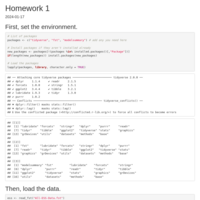
Homework 1- SOC222H5S 2024
First time doing all this
